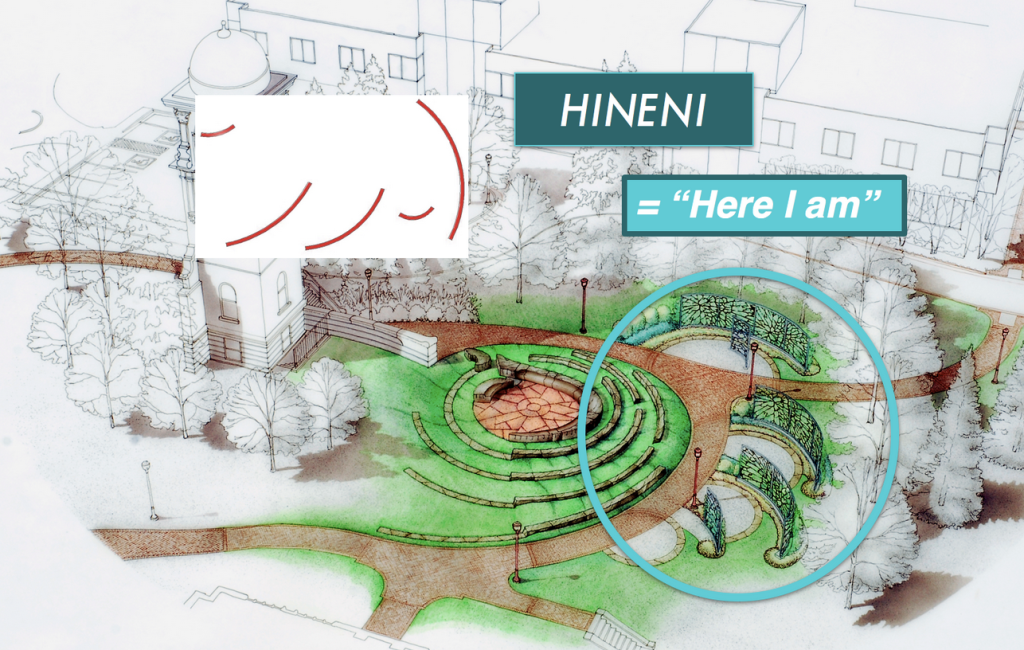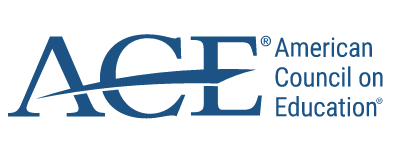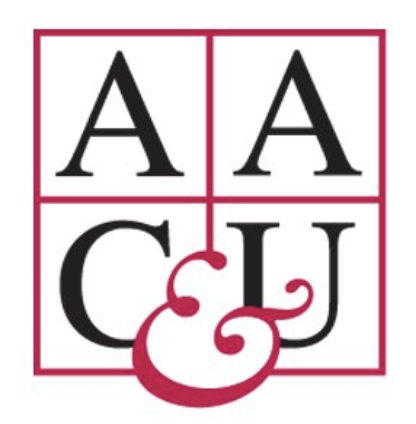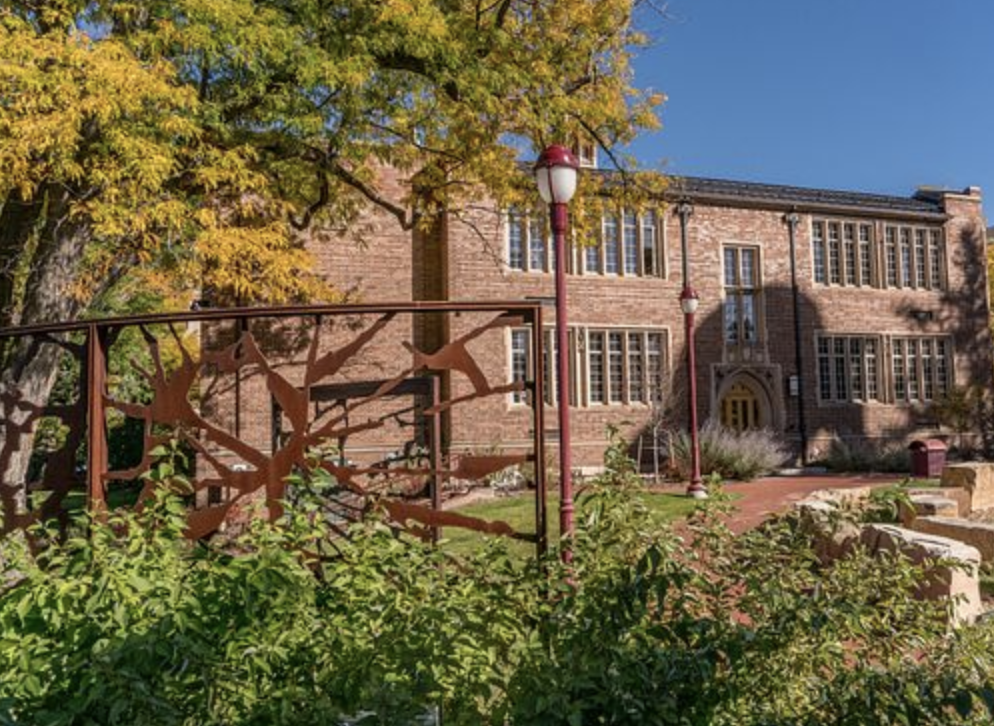Sarah’s research centers on hope and responsibility, including themes of political coexistence, ethics, civic response, memory, and meaning-making.
- Her research on “civic responsibility” is antiracist and interfaith in its approach; and it takes on the question of better futures by exploring the virtue of tolerating important kinds of discomfort in politics–even as we also dismantle inequitable structures, honor minoritized points of view, and alleviate human suffering.
In this spirit, Sarah lectured on “making interfaith uncomfortable” as part of a 2016 Everding Distinguished Lectureship appointment (co-sponsored by Iliff School of Theology and St. John’s Cathedral in Denver, Colorado).
This grew into a larger project on “uncomfortable virtues,” including an unusual virtue that she calls “to hate and protect.” In a nutshell, it’s the idea that in civic life, we are called upon to feel responsible for even people whose views we hate.
You can hear some of her early thoughts on this in her interview on Colorado Public Radio here.



Refining these ideas, she is now working on a book called Uncomfortable Virtues: Seven Paths to Responsible Coexistence where she offers readers cross-cultural resources for thinking about political health in some new unexpected ways.
She also helped design and direct a Holocaust Memorial Social Action Site at University of Denver; the site is a civic hub for bridge-building across differences and has been host to a number of powerful programs from Digital Storytelling for Social Justice, to social-consciousness-raising Emergent Digital Practices student installations, to inclusive and equity-minded performance art.

- In addition to her research and teaching in a range of related areas, she also writes about politics, hope, and human meaning-making on Medium.com.
- One of her more popular recent essays explores “The Imperfect Politics of Ted Lasso”
- And here are some other recent posts…

Do You Weep At Small-Town Parades?
I just moved to Monrovia, California for a few months on a work detail. And I love it.
Dec 02, 2022 / Read More
Cronkite, Cyborgs, and the Crisis of Democracy
Earlier today I attended Denver Dialogues where heads of Right-leaning and Left-leaning national think-tanks were assembled together to t...
Oct 05, 2022 / Read More
I Just Had an Emotional Breakup—With CVS
Oh, how I wish I had not succumbed to saving $10 last month when I was buying some supplies for a work event at a CVS miles from my house.
Jan 03, 2022 / Read More
Arts and Political Transformation
In his recent appearance on The Late Show with Stephen Colbert, Adam Driver offered up some great insights on theater. But what I liked m...
Nov 19, 2021 / Read More
Social Media is Turning us into Suffering Cyborgs: On the Problem of Scale in a Time of Strangers
It is no secret that in this era of infinite online connections, many of us are feeling lonelier than ever. Separate from COVID (which ob...
Oct 18, 2020 / Read More

- In her various roles from ACE Fellow to Interfaith Chair to professor of philosophy, she is working on a series of micro-documentary interviews and multimedia installations featuring neighbors with wide ranging personal and political points of view.
- Sarah also takes civic service seriously. She was the 2017 recipient of her campus’ Faculty Service award, and in 2022 received an Excellence in Shared Governance Award which the campus established in her honor. She also takes seriously the role of higher ed in cultivating better civic futures.
- Read more here about some of her accomplishments around Shared Governance and DEI in her role as Faculty Senate President (2020-2022).
- She is also currently working on a book called Hope/less Pardon.

This study invites readers to explore a sense of pardon that is far more vulnerable than the more confident approach to pardon that dominates contemporary culture.
Where we often find ourselves certain that others should forgive us and even that we can, if we so desire, forgive others, Hope/less Pardon draws on a wide range of traditions to help readers to a more fragile point of view: Ethical life is about living with the reminder that we are not the kind of creatures who can forgive at will and (relatedly) we are precisely the kinds of creatures who can often not be forgiven.
Drawing on figures from Kierkegaard to Martin Luther King, Jr., Gloria Anzaldua to Judith Butler, Franz Kafka to Franz Rosenzweig to Frantz Fanon, and Martin Buber to Emmanuel Levinas, Hope/less Pardon reminds us that real hope is a kind of fragile hope-in-hopelesness, not an upbeat sense of bright-eyed optimism. Ironically, too much “hip hip hooray” optimism can make relationships with neighbors worse not better. While hope/less pardon is not a one-stop-solution–we must, of course, also implement structural reforms at the systems level–it is a better way of comporting towards and connecting to neighbors as we work towards better socio-political futures.




